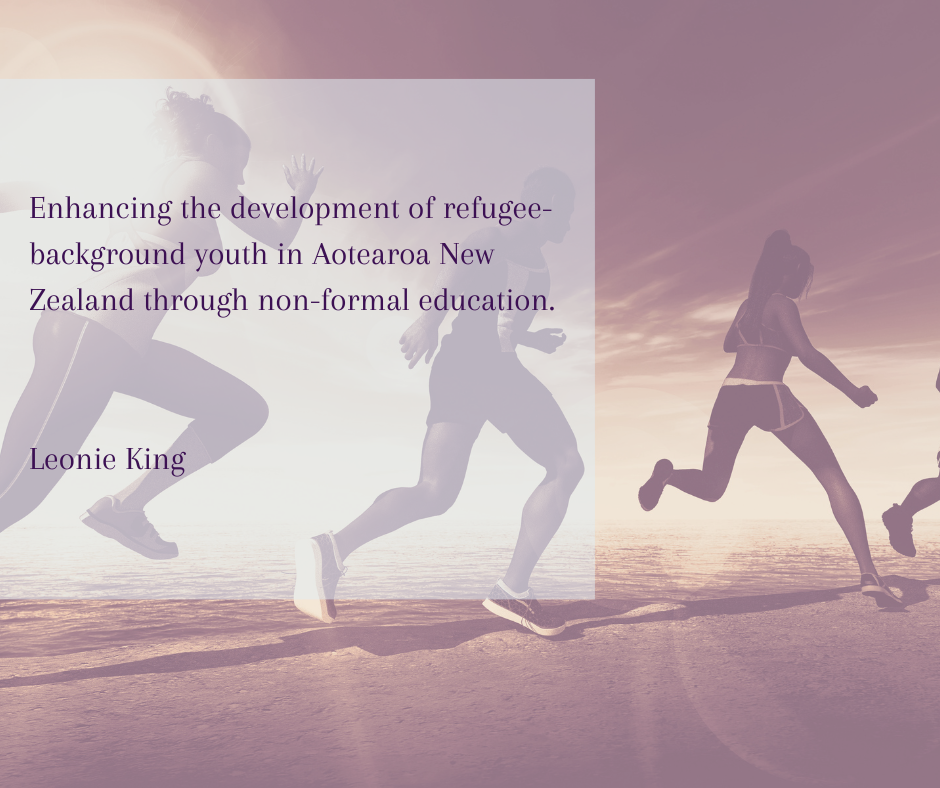Blog
The News and musings from the yards, barrel halls and tasting panels, and from on the road traveled between.
Designing for health equity: A mixed method study exploring community experiences and perceptions of pharmacists’ role in minor ailment care
Minor ailments are self-limiting, easily diagnosable and treatable conditions. Funded pharmacist minor ailments services (PMAS) have been posited to improve medicines access equity and, despite ethnic minorities across the globe…continue reading
Establishing research tikanga to manaaki research participants in a pandemic
The need for, and importance of, kaupapa Māori methods in science and health research is now clearly articulated in best practice guidance1,2 and is increasingly recognised as important by research…continue reading
Māori, pharmacists, and medicines adherence – A mixed methods study exploring indigenous experiences of taking medicines ‘as prescribed’ and mechanisms of support
Background: Medicines are the most common medical intervention and medicines adherence is associated with improved clinical outcomes. Understanding drivers and experiences of medicines adherence is important for optimising medicines use.…continue reading
Colonization’s Impact on Fiji, New Zealand, India and Cultural Intersectionalities
Colonization’s Impact on Fiji, New Zealand, India and Cultural Intersectionalities Colonization had a profound effect on the Maori, Indian, Fiji Indian and Native Fijian population, intersecting with the Auckland Sugar…continue reading
Enhancing the development of refugee-background youth in Aotearoa New Zealand through non-formal education

Globally, non-formal education (NFE) plays an important role in youth development. However, while universal approaches to youth development are well researched, there is little research on what influences positive youth…continue reading
The COVID-19 Pandemic’s Impact on the Health of Rohingya Refugees
The flows of COVID-19 across global terrains work unequally, impacting disproportionately the margins of global spaces. Refugees constitute the “margins of the margins” of globalization, constituted in spaces without access…continue reading
The Contributions of Tūao Māori: principles of collective responsibility and self-determination
Māori are amongst the highest likely to volunteer yet their contributions are under-represented in volunteering research. This important work has filled this gap stemming from focus group and surveys of…continue reading
Rangatahi-Developed Nutrition & Wellbeing Guidelines
The current nutrition guidelines developed by the NZ Ministry of Health do not adequately serve youth due to the lack of input from rangatahi themselves and the absence of mātauranga…continue reading
Māori perceptions of ‘home’: Māori housing needs, wellbeing and policy

This paper presents the findings of the Perceptions of Papakāinga project, a 12-month, Ngā Pae o Te Māramatanga funded project which explores comparative views of ‘home’ for Māori. The findings…continue reading
The impact of recessions on fundraising: a systematic review of the literature
The impact of economic crises on philanthropic funding to, and fundraising by, nonprofit organisations is a surprisingly under-researched field. Internationally, data is scant and comparisons are impeded by different categorisations…continue reading
Better Banking : Creating Ease of Banking for the Not-For-Profit Sector
We want to improve experiences with banks for community organisations. Community Networks Aotearoa volunteered to take leadership of a project to investigate and gather the stories of the sector, the…continue reading

